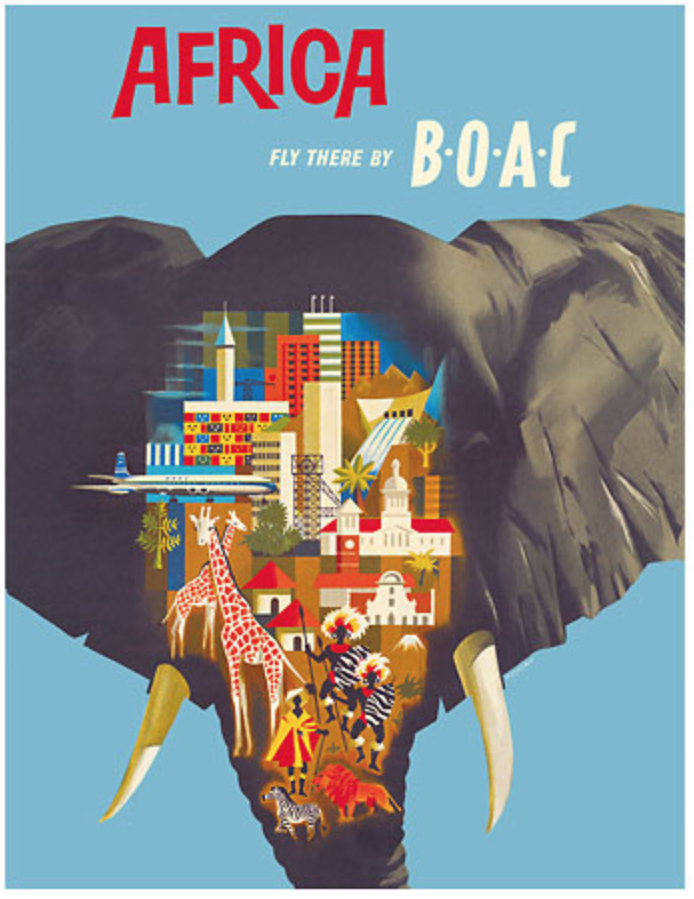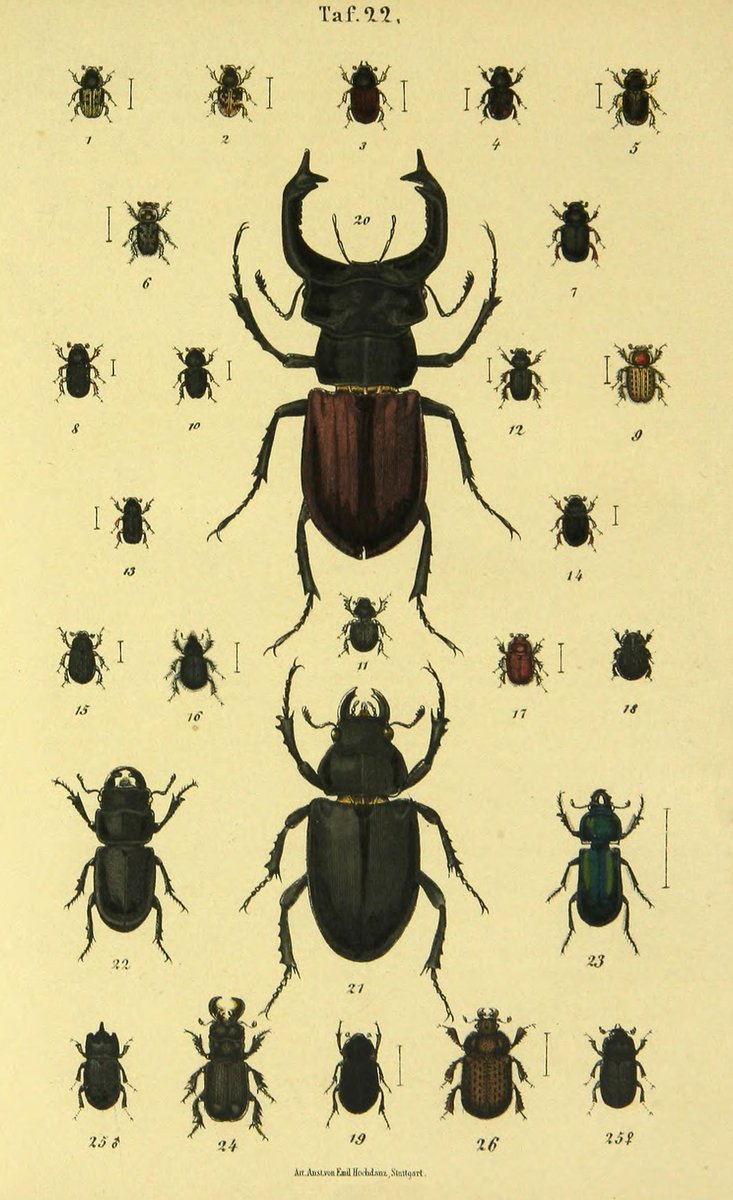|
Famed as an island for the adventurous, don’t forget to add this real Creole cooking class to the itinerary when visiting Reunion. South Africa's borders will reopen again on 1 October 2020 and there's a whole new world out there. As regional travel resumes, Africa's Indian Ocean islands present enticing reopening travel opportunities. If you're seeking an off-the-beaten track atoll with foodie flair, Reunion Island is just a short hop, skip and direct four-away flight from South Africa. On my visit to the island a year ago, the sugarcane towered above our tourist bus. Over two metres tall, the grass-green tubes left little room to manoeuvre down the steep route to Philippe Morel's farm on Reunion Island. Philippe’s local stories grant guests a unique understanding of the island and its fascinating history, in a most gratifying gourmet package. One of France's 18 regions, the ubiquity of macarons, croissants, baguettes and other symbolic elements of the mainland (all billed in Euros to boot too) are a reminder that the island is entirely French. However, an agricultural walk details the many differences between Europe and this African region. A Reunionese farmer with French settler roots (originally, his family left Normandy in the 1800s), Philippe works with the Association for the Promotion and Preservation of Les Hauts de Sainte-Marguerite Heritage to conserve Reunion's culture and traditions. On arrival at his smallholding in Saint-Benoît, Philippe (wearing his straw hat and a smile) began our experience with the very finest. Served in small espresso-sized cups (black with a dollop of sugar) our coffee and its story set the stage for a decidedly delicious day. Coffee plants of the Arabica variety were brought to Bourbon Island (as Reunion was named back then) in 1715 but mutated into a new species after years on the island's nutrient-rich hills. When sugarcane crops dominated from the 1800s onwards, Bourbon pointu (which means sharp or pointed and alludes to the coffee bean shape) almost disappeared. Only very recently in the 2000s, were the crops identified again and the speciality beverage enjoyed a resurgence. Native to Reunion, Bourbon pointu is now one of the most expensive coffees in the world. Once our cups emptied (taking advantage of the opportunity, I enjoyed two) Philippe led us to his kitchen quarters. Contemporary Reunionese culture is the result of European pioneers, Malagasy proximity, plus Indian, Asian and African labour movements. Generally, anyone born on the island is considered Creole, including Philippe. Smoke swirled from the outside kitchen, mixing with the early morning sunlight. It reminded me of home. Just like South Africa, traditional food in Réunion required fire, and black pots sat at the ready. Risofé was first on the menu, an energy-providing breakfast of rice (usually leftover from the evening before and mixed with spice) to sustain a farmer for the day. Whistling as he worked, Philippe divvied out ingredients and enlisted us to chop alongside him. Onions, salt, garlic and chilli sizzled to duck fat ('I prefer it to oil', said Philippe) and tomatoes were grilled in a smaller vessel, destined to mature into a lime-laced chutney. 'The flavour is potent, so you only use the skin and zest, or the leaf. Not the juice!' The second dish we collaborated on was cod cari (curry in South Africa) prepared with banana skins. 'A mix of Portugal and India', Philipe declared. 'Eating the skin is a habit from India'. Leaving the spices to simmer, we then set off to explore the home of these ingredients. The farm produces everything from jackfruit, ginger, tamarind and turmeric to mango, which, like the skins, trace their roots back to India. 'I make my living as a farmer, but my passion is food and cooking. My sons live in France, and it is my duty to share these cultures with him'. First on the stroll, speciality palm trees, whose cores become a salad-style delicacy named palmiste fetching about 20 euro in the restaurants. Then, pineapple plants, which take about two years to bear fruit – 'best served with a sprinkle of salt', enthused Philipe – followed by an inspection of the vanilla vines, whose flowers are manually pollinated by hand. Philippe also shared the complexities of small scale farming. 'July is sugarcane harvest time, and we harvest by hand. It's complicated to find the labour for this, as it's a difficult job, of course. You can get paid 15 euros per ton that you cut. In 2006, we lost the right to use pesticides due to French law, and there was an increased interest in more natural farming'. These new laws had an impact on productivity. 'We are producing less than before, so we have to adapt. The cane is smaller, but in terms of the health of the earth, it's better. I'm feeding the people, so I have a responsibility to them'. Farmers like Philippe have been forced to diversify their production and visitors to the farm, like us, are part of this diversification. Mascarene sugar (another former name for the island and still the title of the larger archipelago to which Reunion belongs) is an ingredient in our final dish. After dining on the cari, rice and homemade sausages, sweet-potato gateau follows. A dense dessert of vanilla, rum, eggs, butter, sweet potato and homegrown cinnamon. Like the bourbon pointu, I can't stop at one serving. ‘You never know’, I thought, ‘Perhaps there’s another story to that comes with the second slice’. How do South Africans get to Reunion Island?South Africans don’t need a visa. Fill in an arrival form on landing in the capital, Saint-Denis and you’ll automatically qualify for a 90-day tourist stay. Air Austral offers direct flights between Johannesburg and Reunion. The best places for South Africans to stay on Reunion IslandThere are affordable options on Airbnb for travelling on a budget. It's easy to enjoy French cuisine using the affordable markets (visit the Saturday market in Saint-Paul for a great haul: Creole samoussas, fresh juice and spices such as vanilla) and supermarkets for groceries (where you pay about 1 euro for a local beer). If you want a tropical beachside stay, Ness by d’Ocean Hotel is the newest addition to the west coast and looks onto a blue lagoon for safe swimming. It offers self-catering suites, but with a concierge environment and is 5km from the centre of Saint-Gilles-Les Bains, with its aquarium, restaurants and bars. Hear Reunion Island's Local Stories for YourselfThe ‘Creole Flavours, from field to the plate’ experience includes a cooking class, lunch served on banana leaf plates and an agricultural walk with Philippe.
To book this and other unusual locally-led experiences visit www.reunion.fr. For further information, contact the Reunion Island Tourism Board South African Office at [email protected] I've partnered with @gotoreunionisland and am reliving beloved memories from my trip there last year 🇫🇷 All opinions and recommendations expressed are my own.
1 Comment
12/12/2020 02:48:17 am
I want to try becoming a jet pilot, I really do. I feel like as long as we are fine with it, then we can do something great in this life. I know that it is not easy to do that, but I am at least willing to try. I want people to understand the power of trying. I may fail or I may succeed, I feel like everything is just going to fall on how I will perform in this life.
Reply
Leave a Reply. |
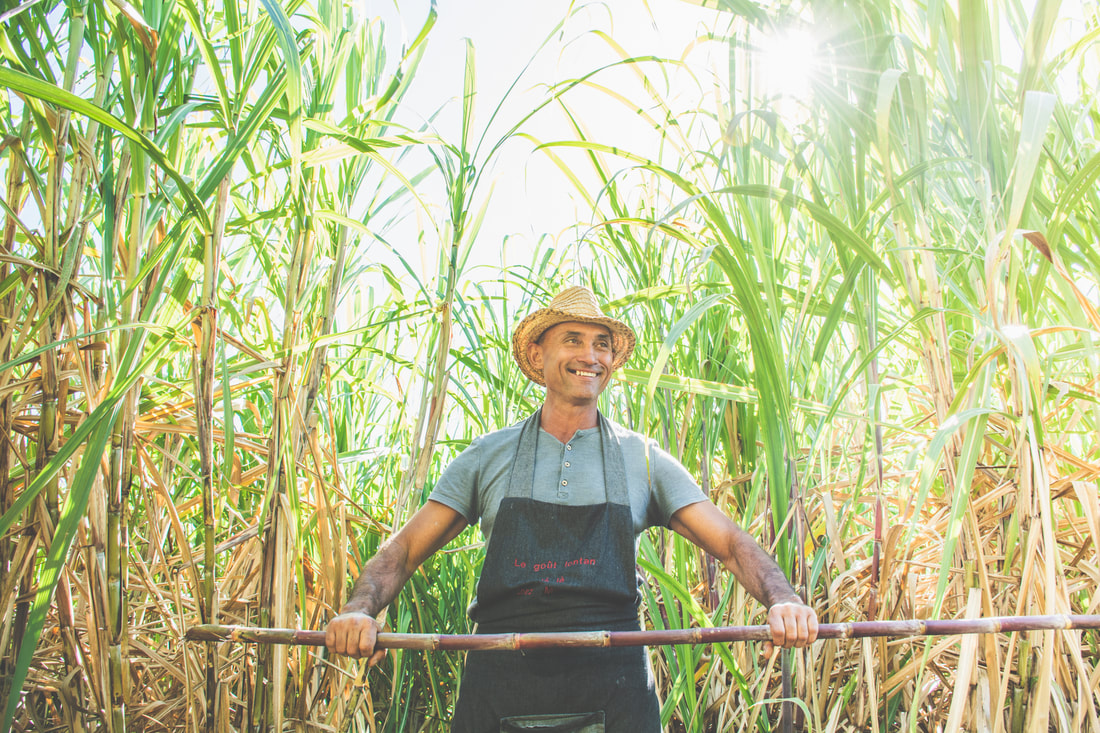
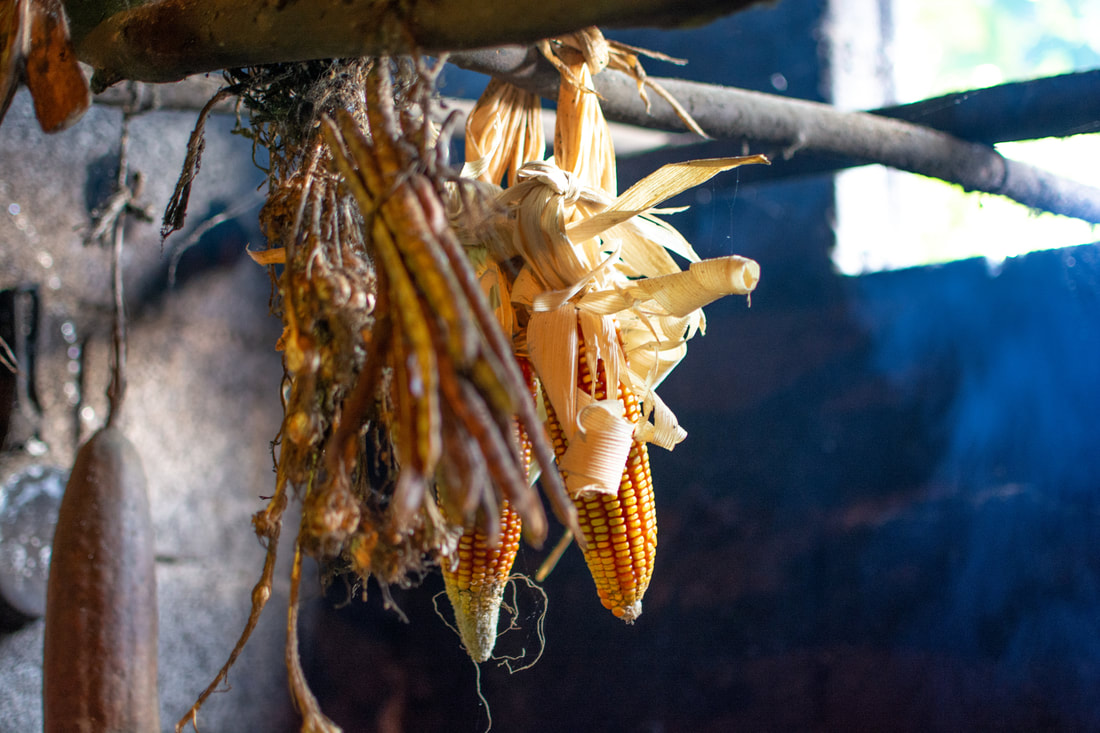
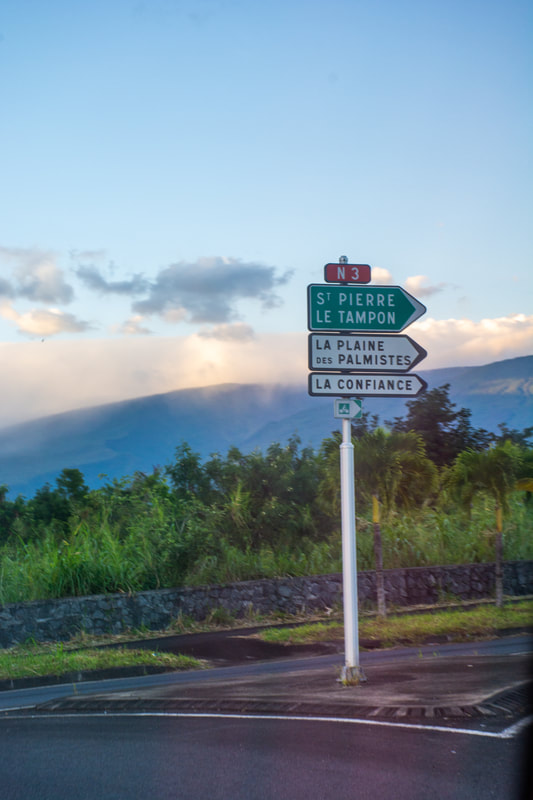
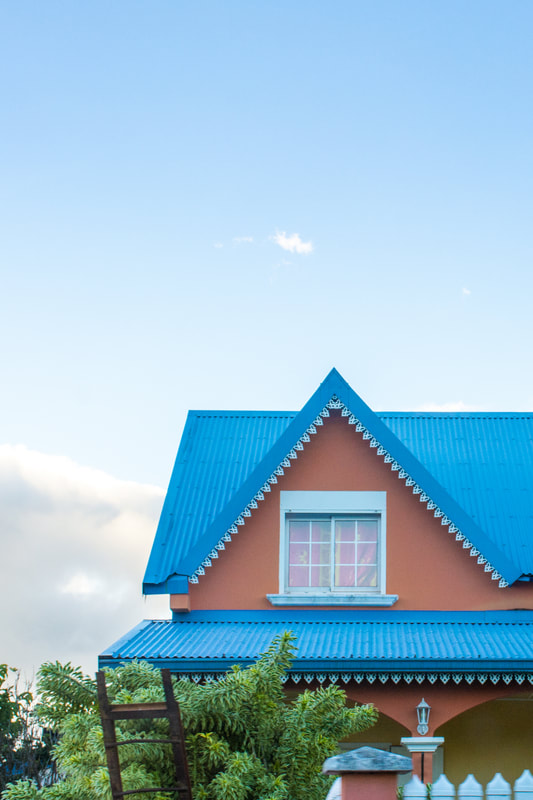
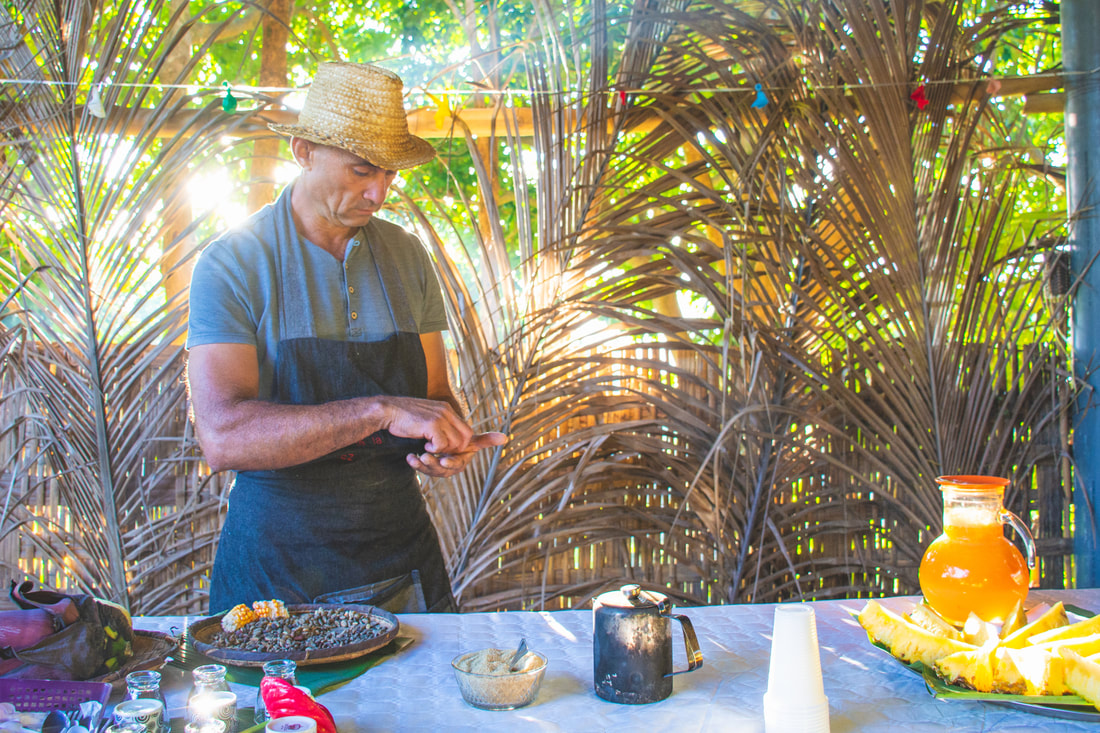
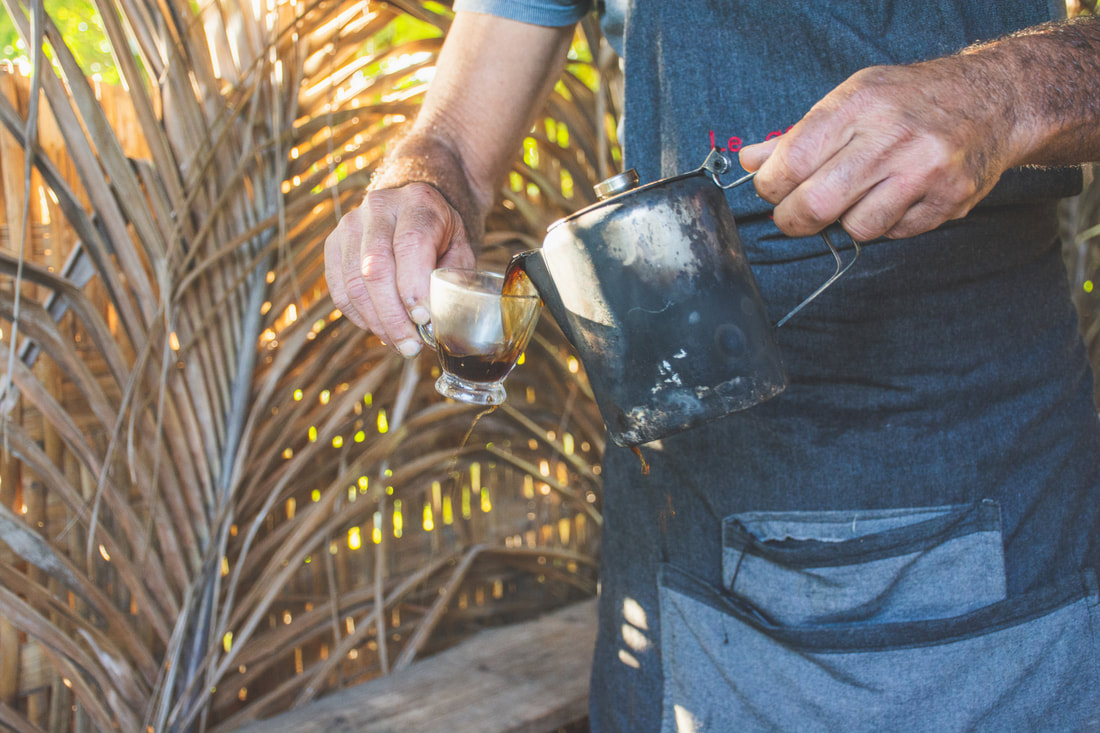
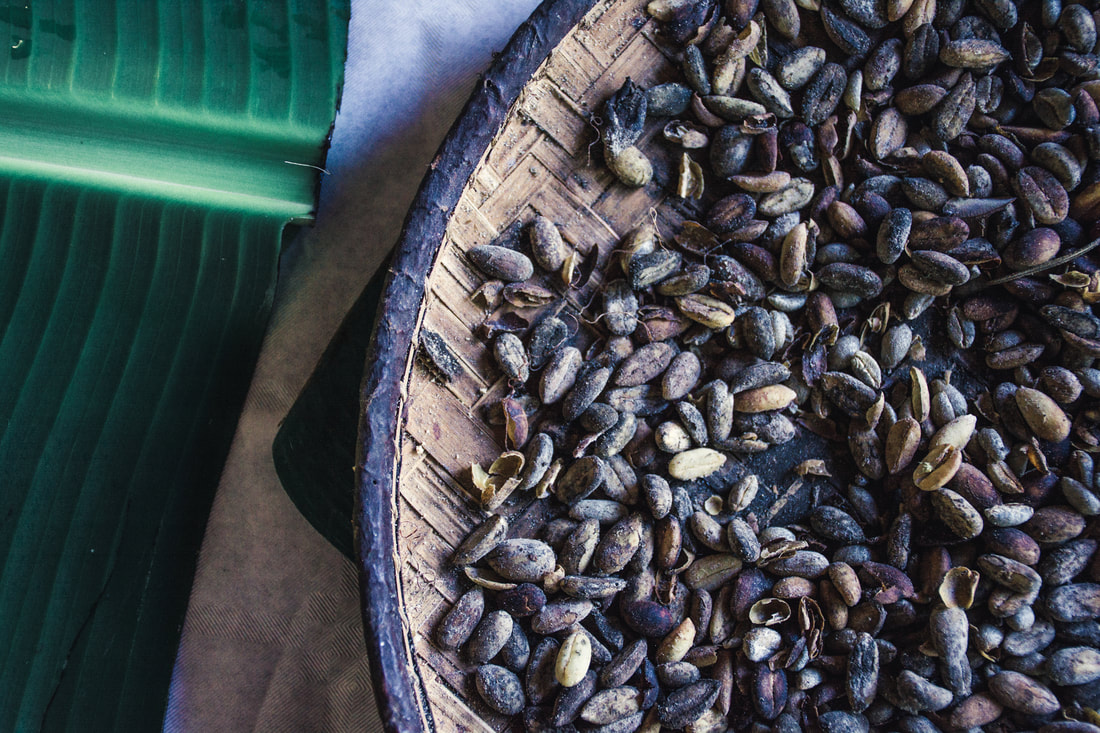
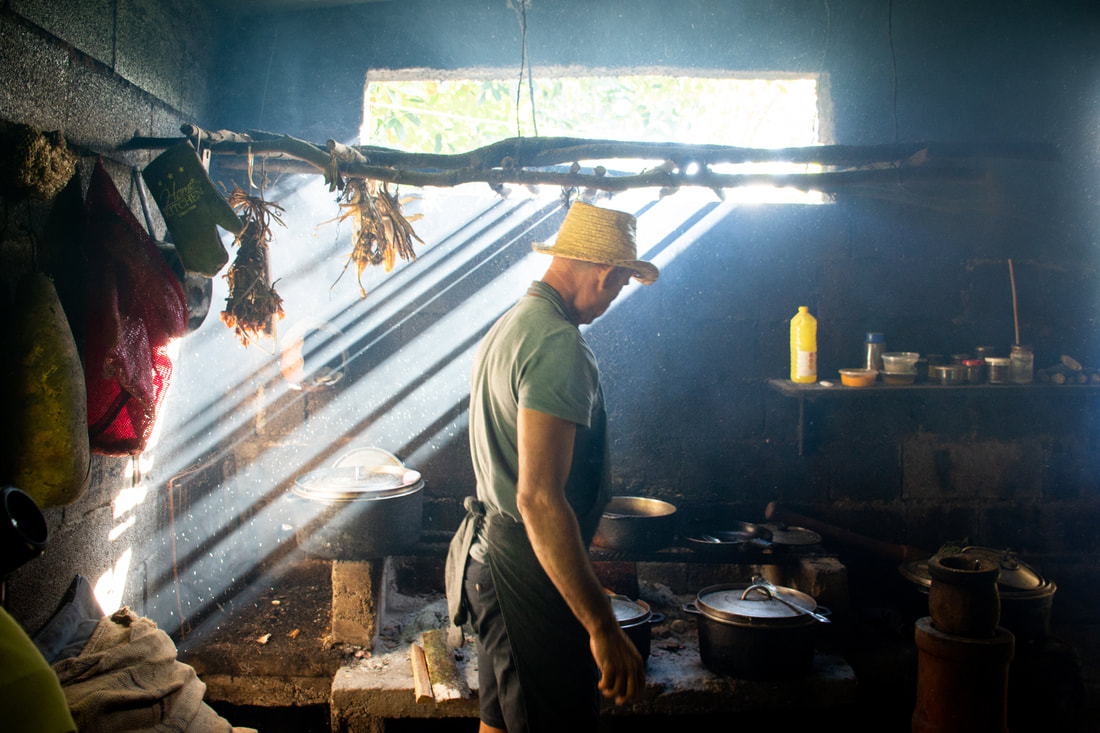
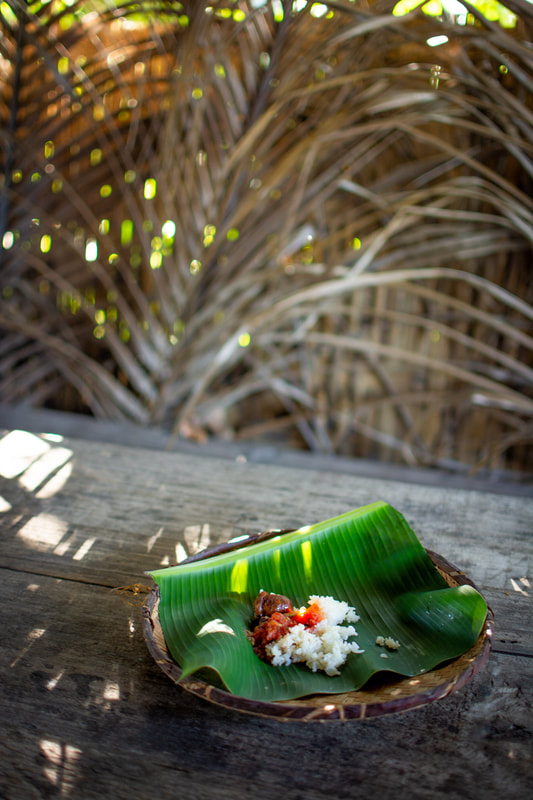
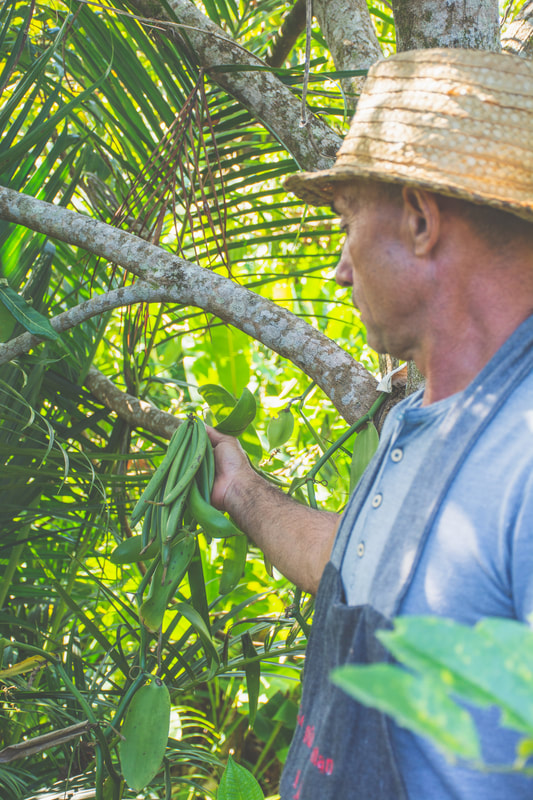
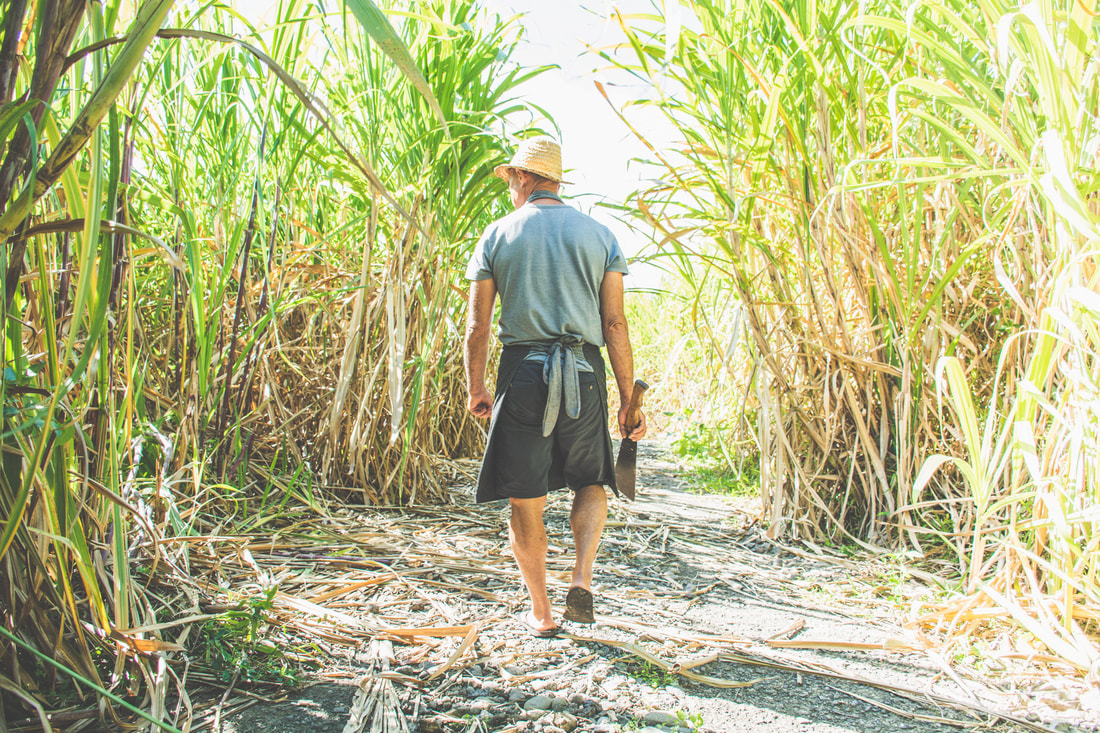
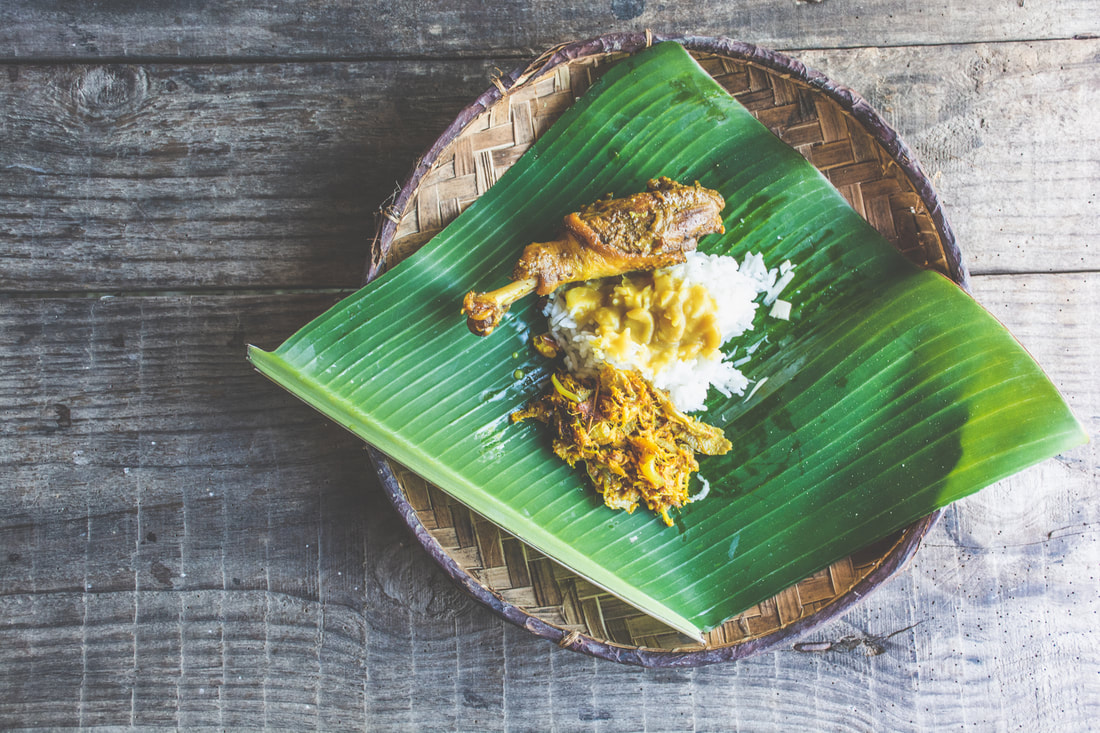
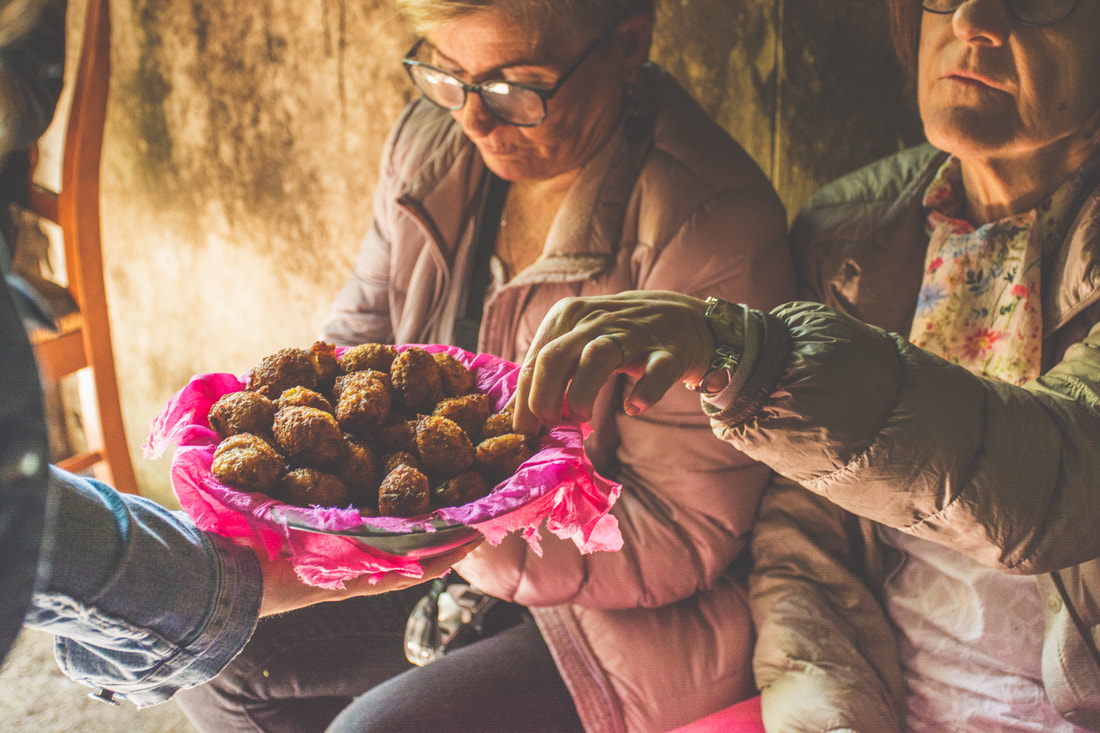
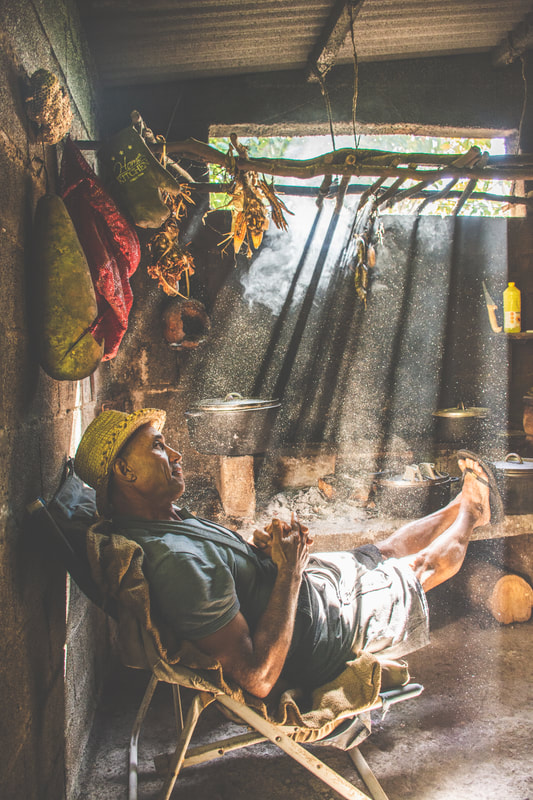
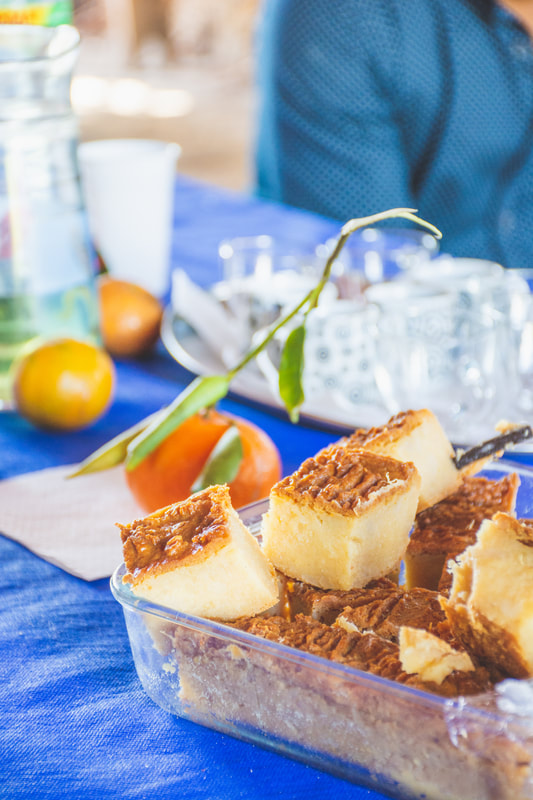
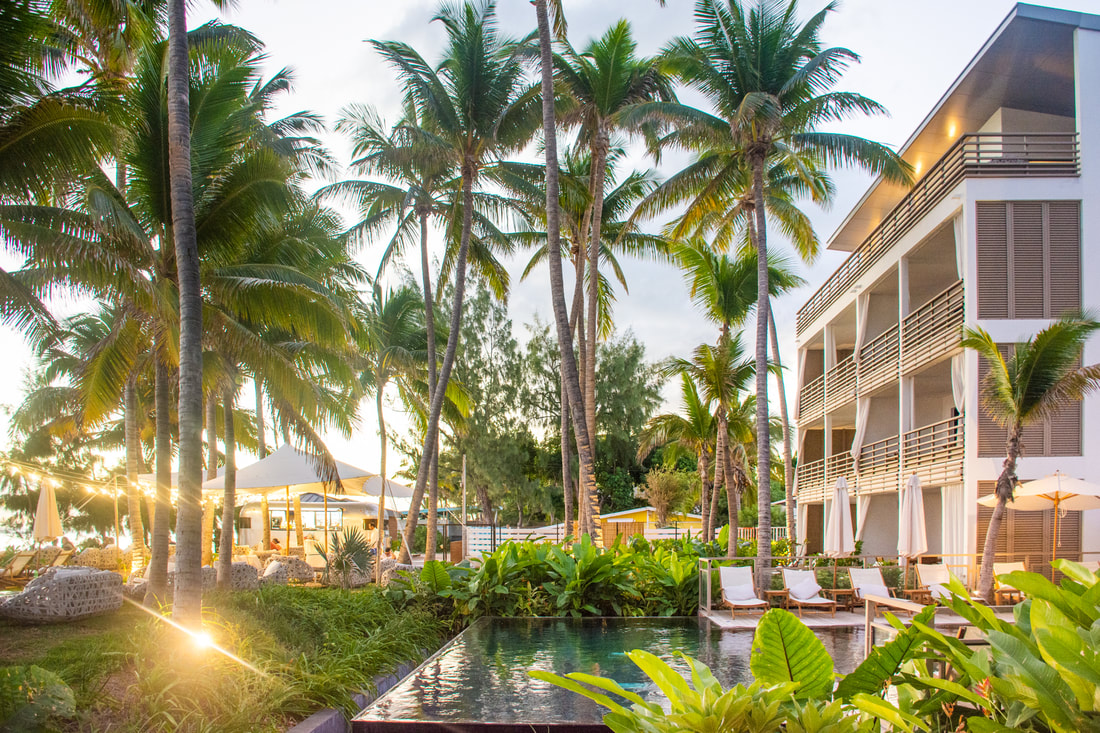

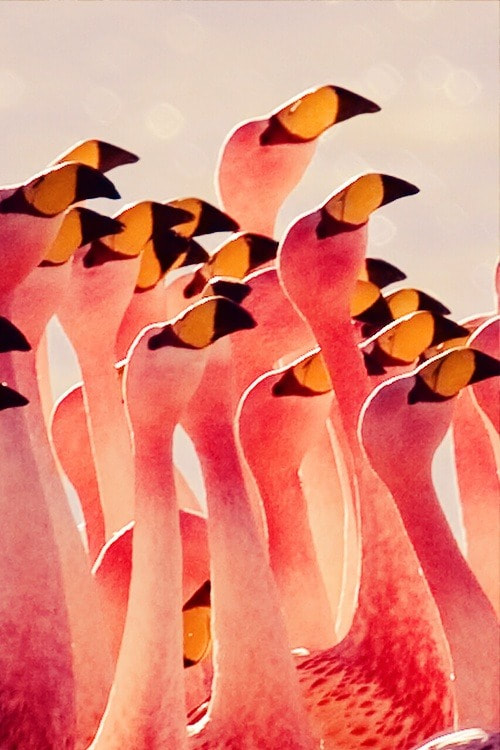
 RSS Feed
RSS Feed

